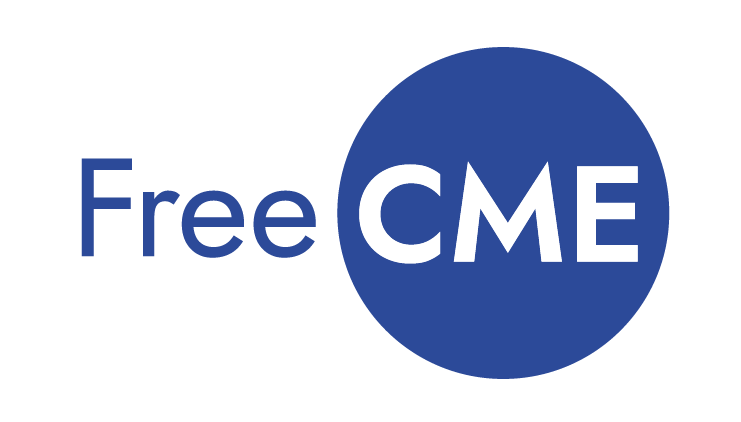Overview of Our Integrative Medicine Courses
Integrative medicine continues to gain momentum as more patients seek holistic, personalized healthcare that addresses physical, emotional, mental, and spiritual well-being. Today’s clinicians are increasingly blending evidence-based complementary therapies with conventional treatments to manage chronic disease, reduce stress, improve quality of life, and support prevention. FreeCME offers a curated selection of free online integrative medicine CME courses that empower providers to deliver comprehensive, patient-centered care rooted in both science and compassion.
All courses are developed in collaboration with accredited continuing medical education providers, ensuring each activity meets the highest standards of clinical accuracy, scientific validity, and practical application. Whether you’re a family physician incorporating mindfulness practices into chronic care visits, a nurse practitioner recommending dietary supplements, or a specialist addressing pain with non-opioid strategies, these CME courses offer meaningful education without cost or subscription barriers.
Our content is designed for busy clinicians. All integrative medicine CME activities are available online and on demand, so you can complete them at your own pace, when and where it’s most convenient. After completing a brief assessment, you can instantly download your CME or CE certificate—making it easy to stay current with licensure, certification, or institutional education requirements.
FreeCME’s integrative medicine curriculum explores a wide variety of clinically relevant topics, such as:
-
Nutrition and lifestyle medicine, including plant-based diets, anti-inflammatory eating patterns, and the role of micronutrients
-
Mind-body therapies, such as meditation, yoga, breathing techniques, and guided imagery for stress reduction and chronic disease management
-
Non-opioid pain management, using acupuncture, massage, biofeedback, and other complementary modalities
-
Herbal and dietary supplements, including indications, safety profiles, and potential drug interactions
-
Integrative approaches to mental health, including anxiety, depression, trauma recovery, and sleep disorders
-
Whole-person strategies for chronic conditions, such as autoimmune disease, diabetes, cardiovascular risk, and fatigue syndromes
-
Patient-provider communication and shared decision-making, rooted in compassion, respect, and cultural sensitivity
These CME activities are ideal for clinicians across all specialties who are interested in broadening their scope to include integrative modalities—whether in primary care, internal medicine, oncology, geriatrics, women’s health, pain management, or behavioral health. Many courses reflect guidelines and research from respected organizations such as the Academic Consortium for Integrative Medicine & Health, the Institute for Functional Medicine, and the National Center for Complementary and Integrative Health (NCCIH).
